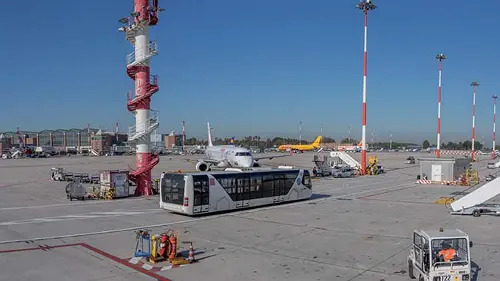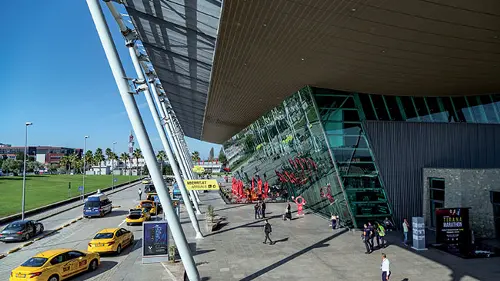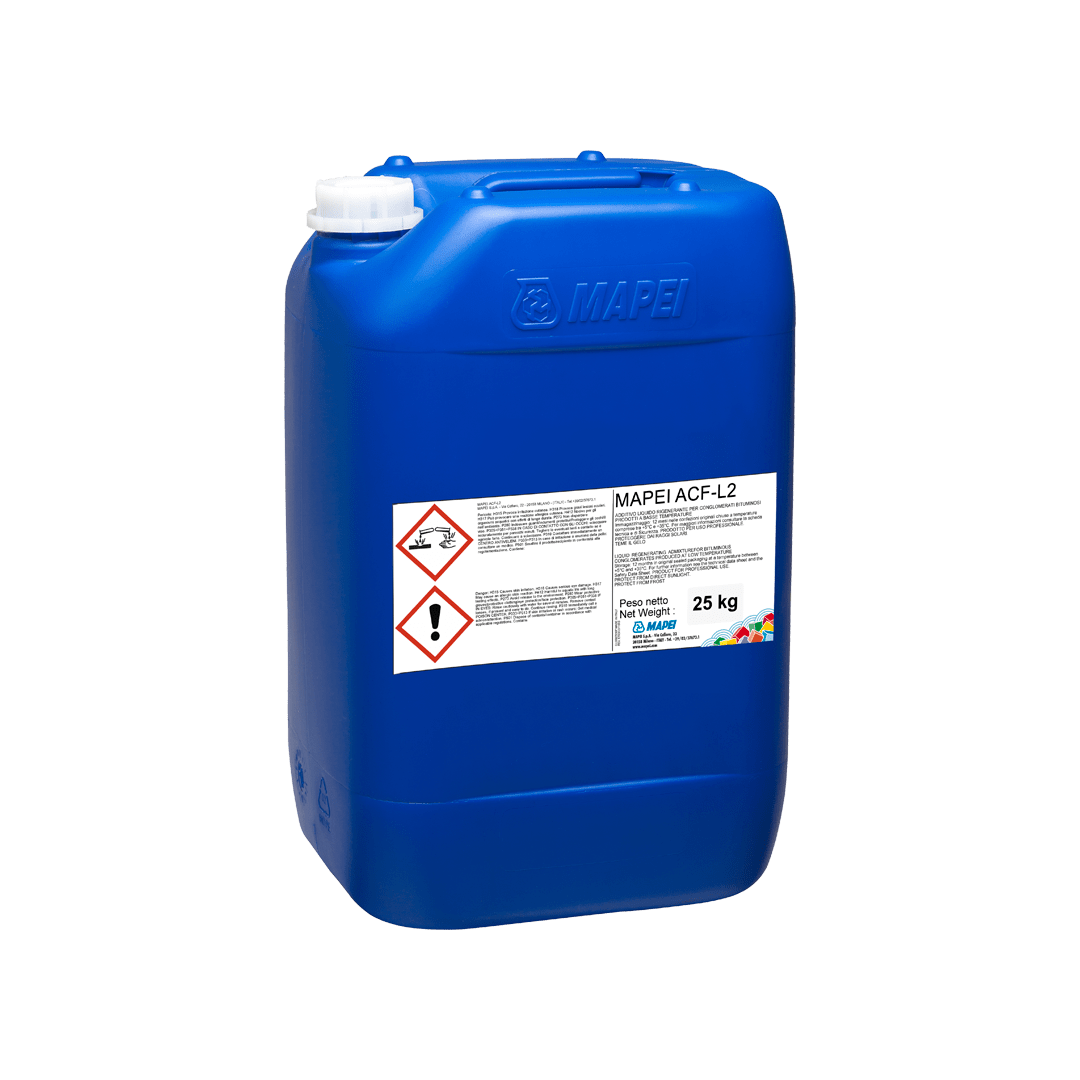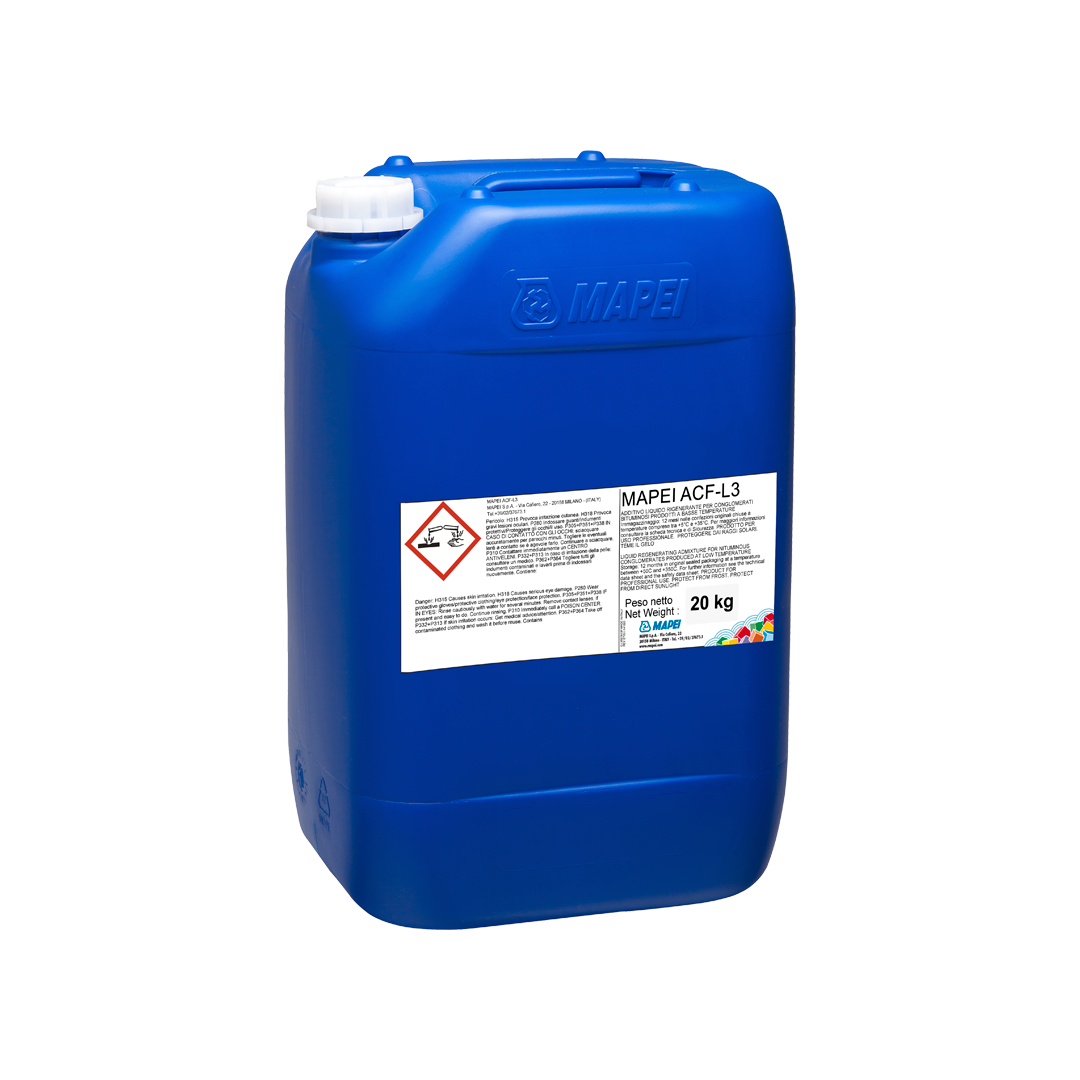
Sustainability on the road
Mapei is taking up the challenge of circularity in this sector, too, in partnership with universities and research centres.
Mapei is taking up the challenge of circularity in this sector, too, in partnership with universities and research centres.
When I was first introduced to the Road Engineering line, I would never have thought of associating sustainability with this range of products, but now, about one year later, this is increasingly the focus of our attention. In my mind the road building industry was the least “sustainable” thing imaginable: watching roads being laid never really gives you an idea of how “green” this industry can be. And yet my colleagues working in the Road Engineering department did not take long to persuade me that circularity and sustainability could move hand-in-hand with their own field of expertise: upon learning how Mapei ACF admixtures allow wear coarse surfaces destined for landfill to be reused for makingmnew bituminous conglomerates, we soon realised we had to focus on the significant contribution these new admixtures make to the circular economy.
MAPEI ACF-L1, ACF-L2 and ACF-L3 admixtures for making new bituminous conglomerates can incorporate notable amounts of Reclaimed Asphalt Pavement (RAP), restoring the maltenes lost from oxidised-aged bitumen. The environmental benefits of these products are obvious: the wear fraction does not need to be dumped (causing extremely high environmental impact) and can be revitalised in the form of a new bituminous conglomerate.
We wanted to gauge the environmental benefits of using ACFs by LCA (Life Cycle Assessment) methodology, which allows to measure the environmental impacts of a product or system throughout its whole life cycle. The standard LCA methodology allowed us to compare the environmental impacts caused by manufacturing asphalt containing only virgin material with asphalt containing15% RAP and asphalt containing 40% RAP: ACF admixtures promote the use of a high percentage of RAP. To give even greater impetus to our study, we also involved Assolombarda’s (the Association of companies operating in the Metropolitan City of Milan and in the provinces of Lodi, Monza and Brianza, Pavia) Green Economy Network in partnership with GEO (Green Economy Observatory) of the IEFE (Bocconi University), which at that time was promoting the CERCA project (Circular Economy as a Competitive Resource for Businesses), aimed at identifying and measuring the approach to the circular economy implemented by businesses. This meant the LCA study was carried out simultaneously by our own Environmental Sustainability team using GaBi software and also the Bocconi University team of researchers using a different kind of software (SimaPro). In this way, by assessing the environmental benefits of using RAP, we were able to compare the results obtained using different databanks and types of software. The whole lifecycle of asphalt was examined in the environmental study, starting with the impacts caused by raw materials and their transportation/manufacture and also including the laying of asphalt on local roads, main/secondary inner-city roads, and motor ways.
The calculations showed a net saving in terms of Kg CO2eq from using high percentages of RAP, thanks to the use of ACF admixtures: when constructing a 1 km stretch of a three-lane motorway working along the lines of the circular economy, the savings in terms of CO2 compared to conventional methods are extremely high and equivalent to 187,354 kg CO2 when opting the circular method with 40% RAP, corresponding to an annual absorption of approximately 2,417 plants or the amount of CO2 emissions given off by a car travelling 1,623,518 km (equal to 2,799 trips from Milan to Rome). This project helped Mapei win Confindustria’s (Confederation of Italian manufacturing and service companies) prize for the “Best Performer in a Circular Economy 2019-2020”.
But the challenges associated with circularity do not stop here.
The Mapei Road Engineering team is, in fact, continuing its research into boosting sustainability-circularity with the help of their products. The working partnership with Iren will see us using polymers taken from plastic waste to create high-performance asphalts, such as those used for building runways in airports. Of course, all these environmental benefits and claims will be backed up by studies carried out by the Mapei Sustainability team to measure the real environmental benefits and avoid any danger of ‘green washing’.











